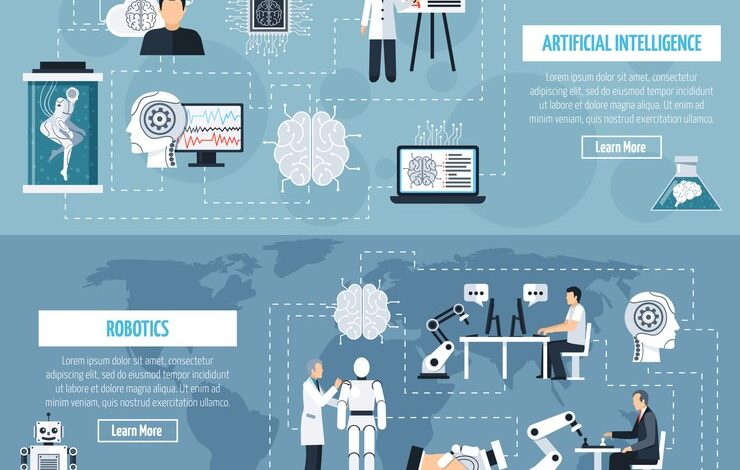
Unlocking the Potential of Artificial Intelligence in Healthcare
Exploring the Role of Artificial Intelligence in Healthcare
Artificial Intelligence (AI) has emerged as a transformative technology in the field of healthcare, revolutionizing how medical professionals diagnose, treat, and manage diseases. By leveraging advanced algorithms and machine learning techniques, AI enables healthcare providers to analyze vast amounts of patient data, identify patterns and trends, and deliver personalized treatment plans.
The Benefits of AI in Healthcare
The integration of AI into healthcare offers numerous benefits, including improved accuracy and efficiency in diagnosis, enhanced patient outcomes, and reduced healthcare costs. AI-powered diagnostic tools can analyze medical images, such as X-rays and MRI scans, with greater precision and speed than human clinicians, leading to earlier detection of diseases and more targeted treatment interventions.
AI Applications in Medical Imaging
One area where AI has made significant strides is in medical imaging, where it has been deployed to assist radiologists in interpreting complex images and identifying abnormalities. AI algorithms can analyze images for signs of diseases such as cancer, cardiovascular disease, and neurological disorders, enabling earlier detection and intervention. This has the potential to improve patient outcomes and reduce the need for invasive procedures.
Enhancing Healthcare Delivery with Predictive Analytics
Another key application of AI in healthcare is predictive analytics, which involves using AI algorithms to analyze patient data and predict future health outcomes. By analyzing factors such as medical history, lifestyle factors, and genetic predispositions, AI can help healthcare providers identify individuals at risk of developing certain conditions and intervene proactively to prevent or manage them.
Challenges and Considerations
Despite its promise, the widespread adoption of AI in healthcare also presents challenges and considerations. These include concerns about data privacy and security, the potential for bias in AI algorithms, regulatory and ethical considerations, and the need for ongoing training and education for healthcare professionals. Addressing these challenges will be crucial to realizing the full potential of AI in healthcare while ensuring patient safety and privacy.
